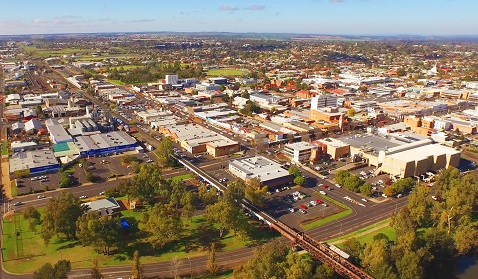The regions have been major winners from this week’s Federal Budget with significant initiatives aimed at sharpening their appeal as places to live and work.
Issues of disaster resilience and water security in regional areas have also been addressed with new money, including $50 million in co-funding for 22 projects under the National Flood Mitigation Infrastructure Program.
A further $358 million has been earmarked for new and augmented water infrastructure projects to be delivered through the National Water Grid Fund.
Deputy Prime Minister Michael McCormack said the funding highlighted the importance the Federal Government attached to building regional economies and improving their amenity.
“These measures are particularly timely with Australians rushing to regional and rural communities in a fashion not seen in decades,” Mr McCormack said this week.
Other direct regional economic initiatives announced in the Budget include:
- a further $250 million for a sixth round of the Building Better Regions Fund;
- an $84.8 million extension of the Regional Connectivity Program over two years;
- $1.3 billion for projects to modernise Murray-Darling irrigation infrastructure networks;
- $172.5 million through the Future Drought Fund to continue a range of programs and activities that will support the long-term drought resilience;
- $6.1 million to establish the Rebuilding Regional Communities program to assist community organisations and small enterprises in their Covid-19 recovery efforts; and
- $600,000 to undertake a scoping study into establishing Australian Public Service Hubs in regional Australia.
Community, health, and social welfare initiatives which will directly or indirectly benefit the regions include:
- $80.9 million to support the delivery of primary care and the health workforce in rural and remote Australia;
- $2 billion for the National Mental Health and Suicide Prevention Plan;
- $630.2 million to improve access to quality aged care services for consumers in regional, rural, and remote areas including those with Indigenous backgrounds and special needs groups;
- $13.4 million to establish regional offices as the first phase of a nation-wide rollout to improve advice to government on issues impacting the delivery of aged care in regional and rural areas; and
- $65 million to boost bulk-billing rebates in regional Australia.
National Farmers’ Federation president Fiona Simson described the Budget as a “shot in the arm for agriculture and regional Australia”.
However, the NFF questioned the funding allocated for regional communications, saying it falls short of securing the future of the Mobile Blackspots Program beyond this year.



